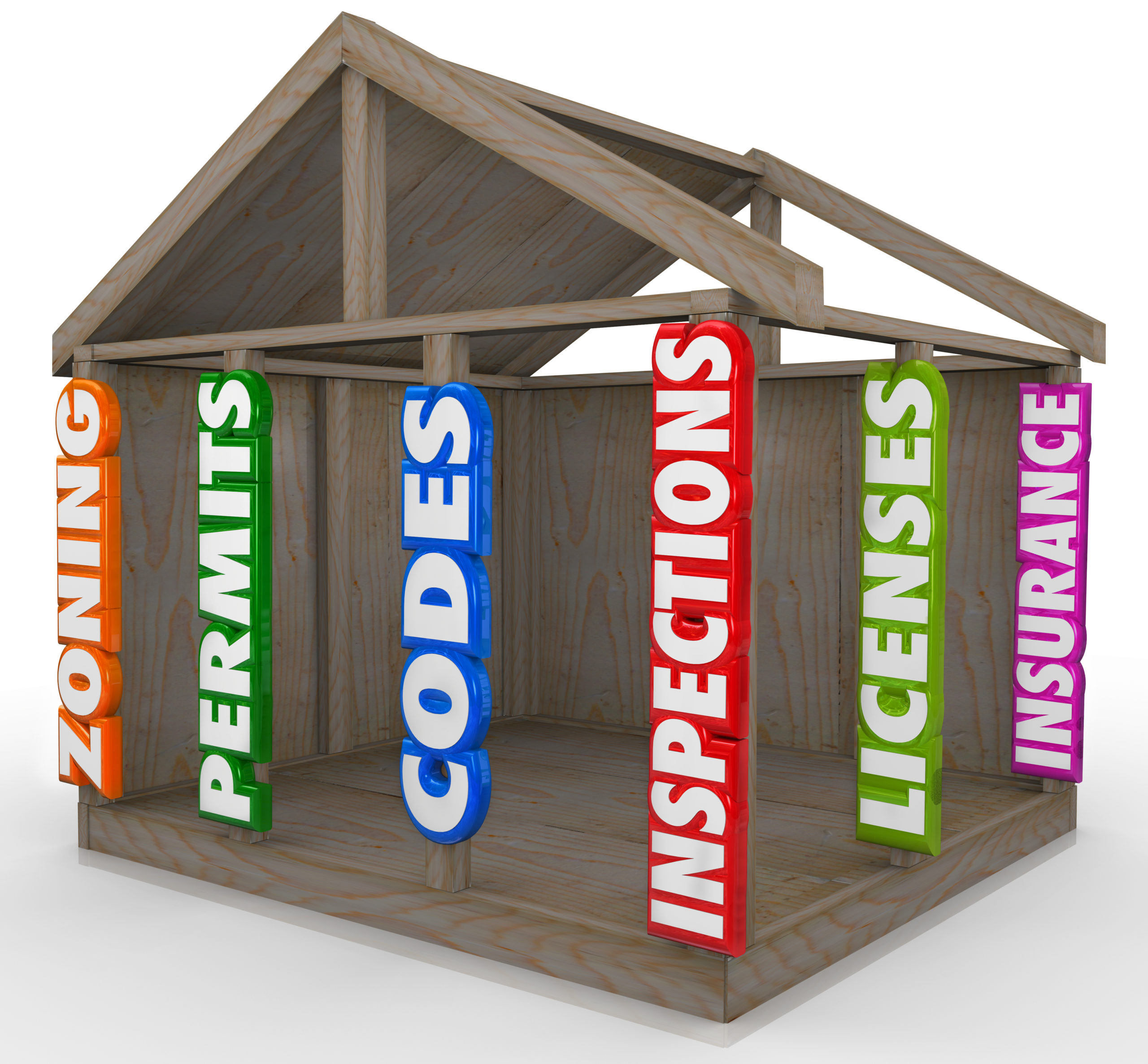
Why Community Associations Should Check Their Zoning and Entitlement History

Zoning laws dictate what can and can’t be constructed in which types of areas. Some plots of land are zoned exclusively for single-family homes while other plots are zoned for denser housing, and others still are zoned for commercial businesses. Zoning laws are supposed to help towns, cities, and communities regulate property values and facilitate growth.
Just like certain plots of land, zoning regulations grow and change over time. Commercial areas can be rezoned as residential areas and vice versa. Sometimes it can be unclear what a particular property is zoned for, or to understand what potential restrictions could be in place on that property. However, knowing the answers to these questions is of vital importance to the community association that oversees the property, as they will affect what can and cannot be built there.
Furthermore, zoning is just one way government regulates what can be built on a piece of land. Another is entitlements, a catchall term for various approvals that must be granted before a developer can build on a property. Entitlements include use permits, zoning variances, and plan approvals.
It is essential for community associations to periodically check the zoning and entitlement histories to understand what is permissible on their land. If you are a member of a community association, here is what the North Carolina real estate attorneys of Mullen Holland & Cooper P.A., want you to know:
Do Your Research
Before you do anything, conduct research into your zoning and entitlement history. First, you will want to establish which government authority regulates your land use and zoning. You may be under the jurisdiction of a town, city, or even an unincorporated area. A good first place to start is your township or city’s website, to see if zoning records are available electronically. If not, call the city zoning office and request a copy of all local ordinances, resolutions, and approvals for your community. If you are having a difficult time obtaining these documents from your city or county, or if you need help understanding all the zoning ordinances, get in touch with an experienced attorney.
Why Zoning Matters
If there is one constant in land use, it is that zoning laws and ordinances are always changing. What is permissible on a piece of property one year may change the next. That is why it is important to keep up on all zoning changes in your community. In addition, government bodies may approve zoning regulations in different ways. Some communities may be approved through the master planning process or the site plan approval process. These approvals may have included rezoning arrangements, conditional use permits, easements, or development agreements. Some of these prior approvals and development agreements may restrict a community’s ability to make changes to the property it comprises.
Violating zoning arrangements can result in costly code enforcement actions. Some violations may lead to civil penalties as well as requirements to remove illegal structures at significant cost. Criminal penalties may be assessed as well, and violators can face fines and, in extreme situations, the possibility of imprisonment. Consequences vary depending on the nature and severity of the code violation.
Contact an Experienced Attorney Today
The consequences of violating a zoning ordinance can be severe. Community associations need to review their zoning and entitlement history before making changes to their property, or they may be risking their financial stability.
If you are part of a community association and have questions about your zoning or entitlement history, don’t hesitate to contact an experienced North Carolina real estate lawyer with Mullen Holland & Cooper P.A. Our legal team can track down the zoning resources you need and help you understand what they mean. Don’t touch your property until you contact our office for a free consultation.






